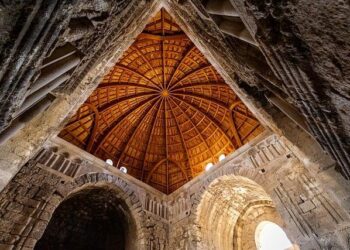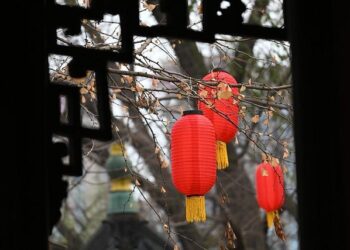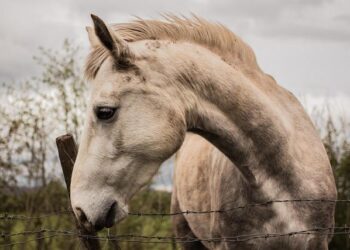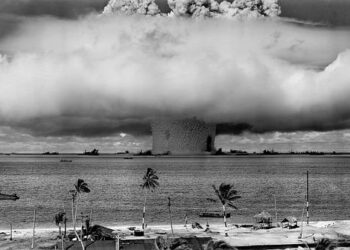Eighty years on from one of the most significant chapters in Channel Islands history, the BBC revisits the memories of Guernsey’s occupation and liberation during World War II. “Guernsey Liberation 80” offers a poignant reflection on life under German control and the dramatic moment freedom was restored. Through firsthand accounts, archival footage, and expert analysis, the special documentary sheds light on the resilience of the islanders and the lasting impact of those turbulent years. As the community marks this historic anniversary, the BBC’s coverage serves as both a tribute and a reminder of the enduring legacy of occupation and liberation.
Guernsey Liberation 80 Reflects on Civilian Life Under German Occupation
As the Channel Islands marked eight decades since their liberation, reflections on the civilian experience during the German occupation reveal a complex tapestry of resilience and hardship. Islanders endured strict rationing, curfews, and the constant presence of occupying forces, which reshaped daily life in profound ways. Many recall the scarcity of food and essential supplies, forcing families to innovate with limited resources. The introduction of military fortifications disrupted traditional routines, while underground resistance efforts quietly persisted despite the risks involved.
Key aspects of civilian life under occupation included:
- Severe food shortages and rationing systems
- Restricted movement due to curfews and checkpoints
- Disruption of education and public services
- Strained family separations and evacuations
| Aspect | Impact | Islanders’ Response |
|---|---|---|
| Food Rationing | Limited daily calories | Gardening and bartering |
| Curfews | Restricted evening activities | Community solidarity at home |
| School Closures | Interrupted education | Home tutoring and informal lessons |
| Military Presence | Psychological stress | Quiet resistance and compliance |
Personal Stories Reveal the Challenges and Resilience During Wartime
Experts Advocate for Preserving Liberation Memories Through Education and Media
Preserving the history of Guernsey’s occupation and subsequent liberation remains a priority for historians and educators alike. Experts stress the importance of integrating firsthand accounts and archival footage into educational curricula to ensure younger generations grasp the profound impact of World War II on the island. The involvement of local communities in storytelling initiatives not only enriches historical narratives but fosters a collective sense of identity rooted in resilience and freedom.
Media platforms are also embracing innovative approaches to keep these memories alive. Through documentaries, podcasts, and interactive digital exhibits, the complex emotions and experiences of those who lived through the occupation are reaching wider audiences than ever before. Some key strategies highlighted by experts include:
- Collaborating with survivors and descendants to capture oral histories
- Utilizing augmented reality to recreate wartime Guernsey landscapes
- Engaging schools with multimedia learning tools focused on liberation stories
| Medium | Purpose | Impact |
|---|---|---|
| Documentaries | Visual storytelling of occupation events | Emotional connection through real footage |
| Educational Workshops | Interactive learning experiences | Enhanced student engagement |
| Digital Archives | Preservation of letters and photographs | Access to primary sources for researchers |
In Conclusion
As Guernsey marks the 80th anniversary of its liberation, reflections on the island’s occupation and eventual freedom serve as a poignant reminder of resilience in the face of adversity. The BBC’s coverage captures the enduring memories of those who lived through this challenging chapter, ensuring that the lessons and stories of the past continue to resonate with future generations.













